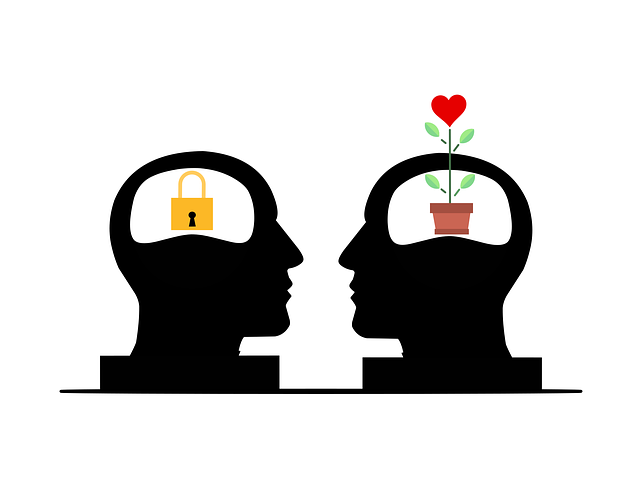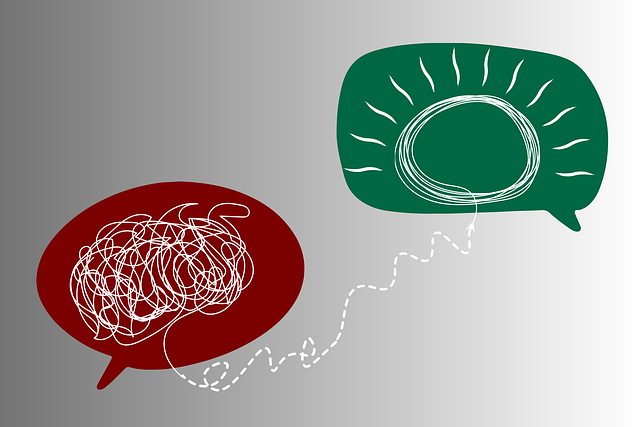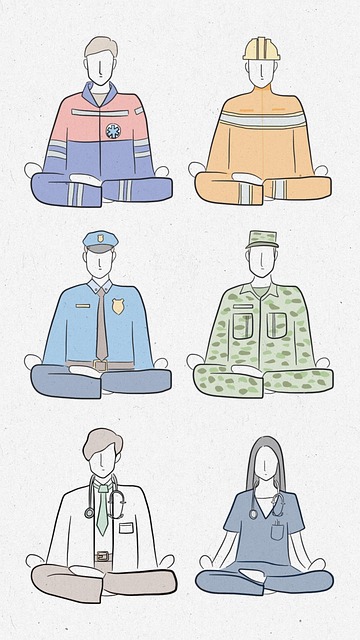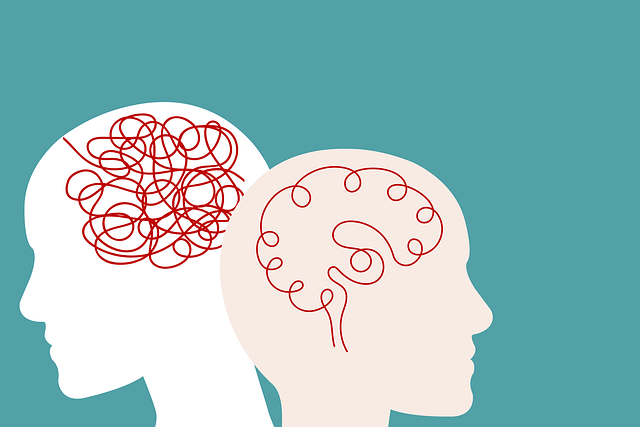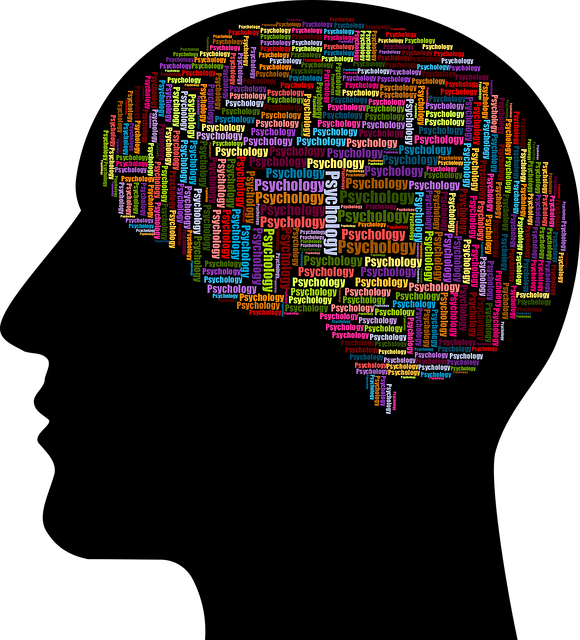Mental Health Crisis Hotlines provide 24/7 immediate support and professional counseling for emotional distress, offering safe spaces for expression and crisis intervention. These hotlines specialize in family therapy, addressing interpersonal issues, relationship strain, and trauma through open dialogue. By empowering families with communication skills, conflict resolution, and emotional healing strategies, these services proactively prevent future crises. Accessing hotline services is a crucial step towards receiving professional guidance, connecting individuals to local healthcare providers specializing in burnout prevention and suitable long-term solutions, including therapy for family counseling. The effectiveness of these hotlines relies on well-trained volunteers equipped with active listening, empathy building, and crisis de-escalation skills, enhanced through ongoing resources and workshops.
In today’s fast-paced world, mental health crisis hotline support services play a crucial role in offering immediate assistance. This article delves into the vital aspects of these services, including understanding mental health crises and the significance of family counseling. We explore effective access strategies and provide insights on training volunteers. Discover how therapy for family counseling can be enhanced through these hotlines, ensuring that support is readily available when it matters most.
- Understanding Mental Health Crisis Hotlines
- The Role of Family Counseling in Crisis Support
- Accessing and Utilizing These Services Effectively
- Training and Resources for Crisis Line Volunteers
Understanding Mental Health Crisis Hotlines

Mental Health Crisis Hotlines serve as vital resources for individuals facing acute emotional distress or mental health emergencies. These 24/7 services offer immediate support, crisis intervention, and guidance to those in need. Trained professionals provide a safe space for individuals to express their feelings and concerns, offering therapeutic assistance that can range from simple counseling to complex trauma support services.
Understanding the importance of early intervention, these hotlines not only cater to personal needs but also facilitate family counseling therapy, addressing interpersonal issues that may contribute to mental health crises. By promoting positive thinking and providing tools for social skills training, crisis hotline support services aim to empower individuals to manage their mental health effectively.
The Role of Family Counseling in Crisis Support

Family counseling plays a pivotal role in crisis support, offering a safe space for individuals and families to navigate turbulent emotions and challenging situations together. This type of therapy provides a unique opportunity for enhanced communication and improved relationships, which are often strained during times of crisis. Through family counseling sessions, members can learn effective conflict resolution techniques, enhance their social skills, and develop strategies to support each other’s emotional healing processes.
The benefits extend beyond the immediate crisis, as families gain valuable tools to manage ongoing stressors and strengthen their bonds. This proactive approach not only prevents future crises but also fosters a supportive environment where everyone feels heard, understood, and valued. By addressing underlying issues and promoting open dialogue, family counseling becomes a powerful resource in mental health crisis support services.
Accessing and Utilizing These Services Effectively

Accessing and utilizing mental health crisis hotline support services effectively requires a strategic approach. Individuals or families facing a crisis should first recognize the need for professional help and take that courageous step to reach out. Many hotlines offer confidential and immediate assistance, providing a safe space to express emotions and concerns without judgment.
For those seeking therapy, whether it’s for individual depression prevention or family counseling, these services can be a great starting point. Crisis intervention guidance is available from trained professionals who can assess the situation, offer valuable support, and connect individuals with suitable long-term solutions, including local healthcare providers specializing in burnout prevention strategies for healthcare providers.
Training and Resources for Crisis Line Volunteers

Effective crisis hotline support relies heavily on well-trained volunteers. These individuals undergo comprehensive training programs designed to equip them with the necessary skills to handle sensitive and distressing situations. The training covers a wide range of topics, including active listening, empathy building, crisis de-escalation techniques, and mental health basics. This ensures that volunteers can provide tailored support, offering not just a sympathetic ear but also guidance towards suitable resources such as therapy for family counseling or other professional help.
Beyond initial training, ongoing resources and support are crucial. Regular workshops on social skills training enhance their interaction abilities, while continuous learning about various mental health conditions fosters greater understanding. Public awareness campaigns development is another area where volunteers can contribute, helping to dispel myths and promote mental health awareness in the broader community. This holistic approach not only improves the quality of support offered but also encourages a culture of open dialogue around mental health issues.
Mental health crisis hotline support services play a vital role in providing immediate assistance and long-term solutions. By combining understanding, empathy, and professional therapy for family counseling, these hotlines offer a safe space for individuals in distress. Effective access and utilization of these services, coupled with comprehensive training for volunteers, ensure that those in need receive the best possible care. In today’s digital era, navigating mental health crises is made easier with the right resources, fostering a healthier and more resilient community.
